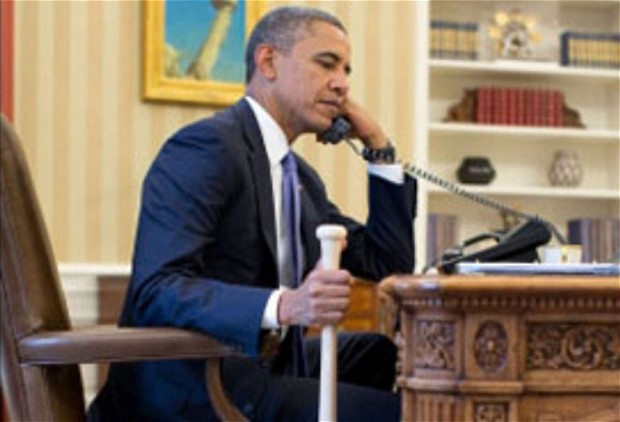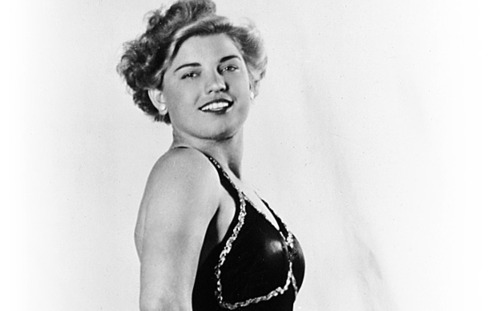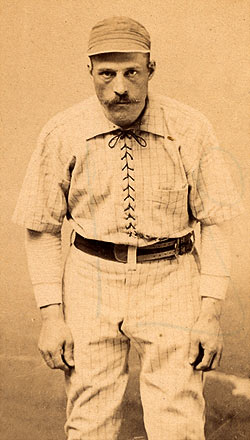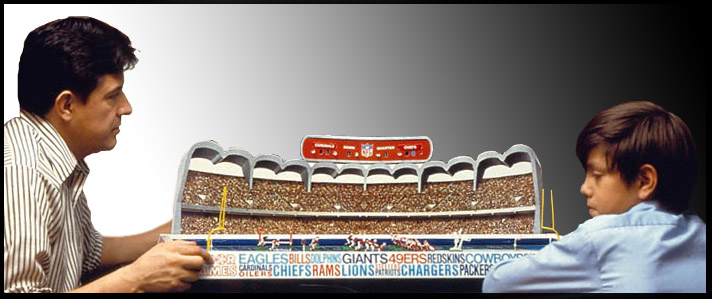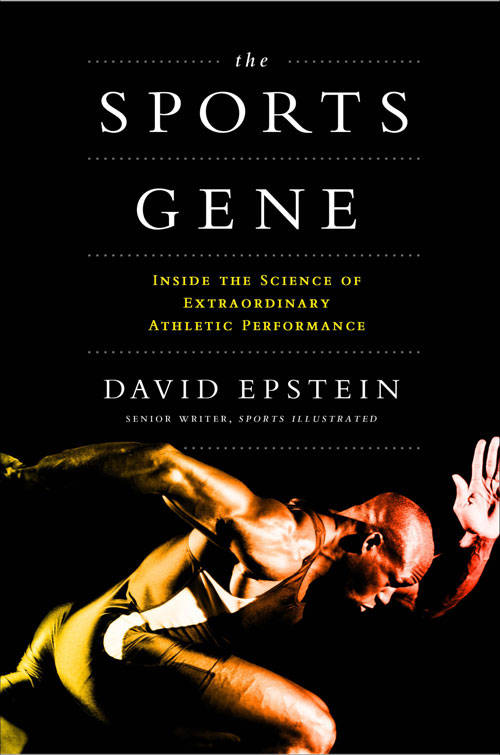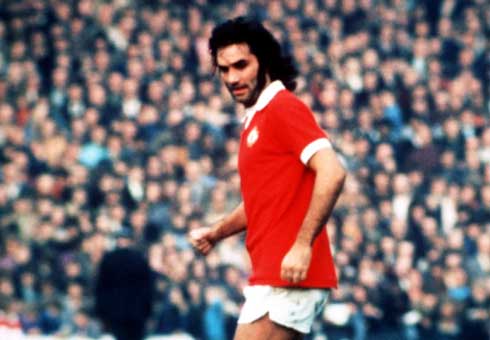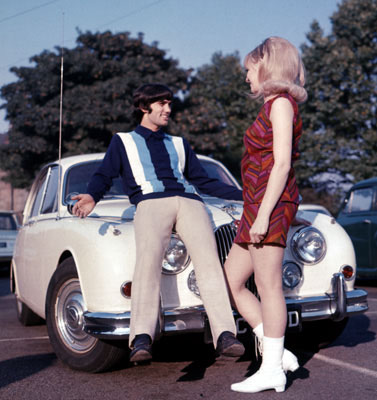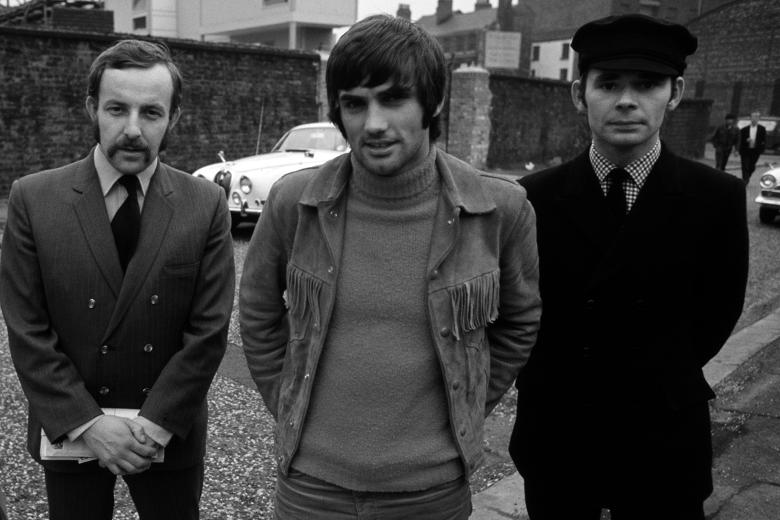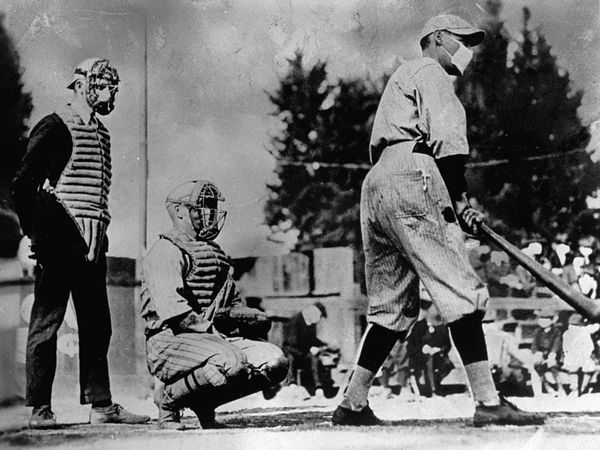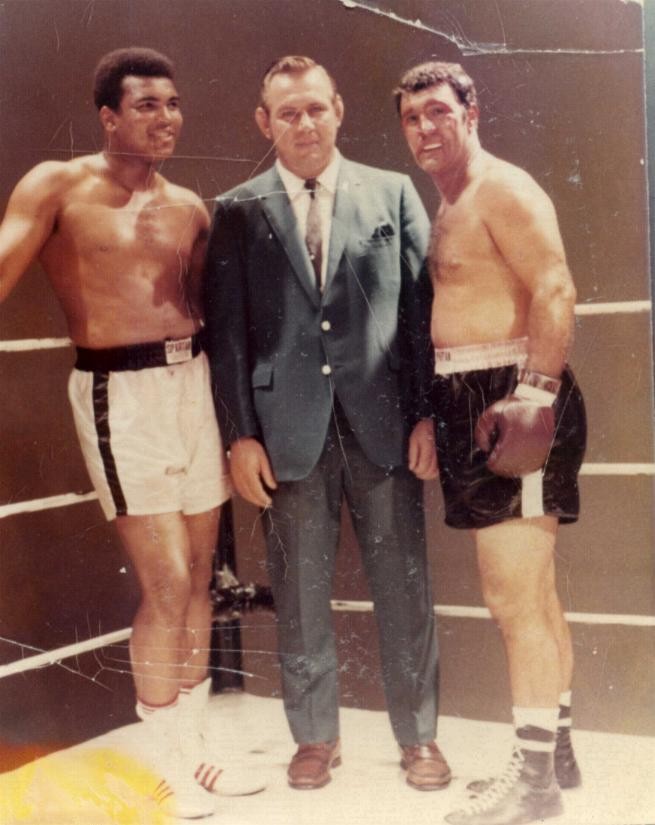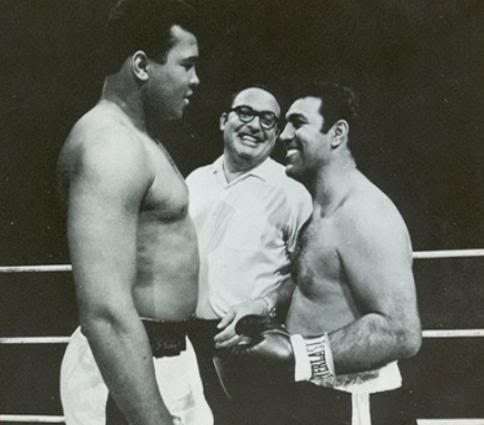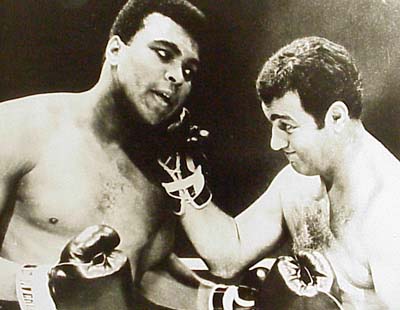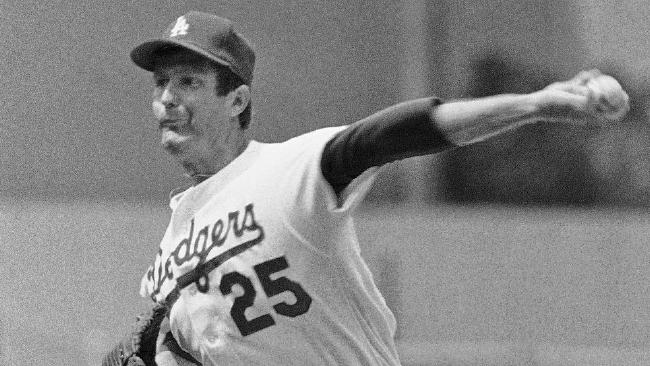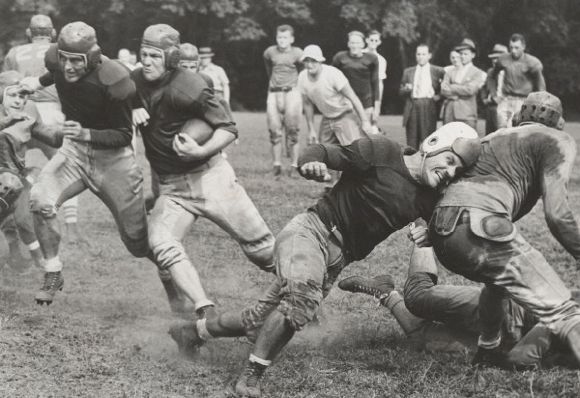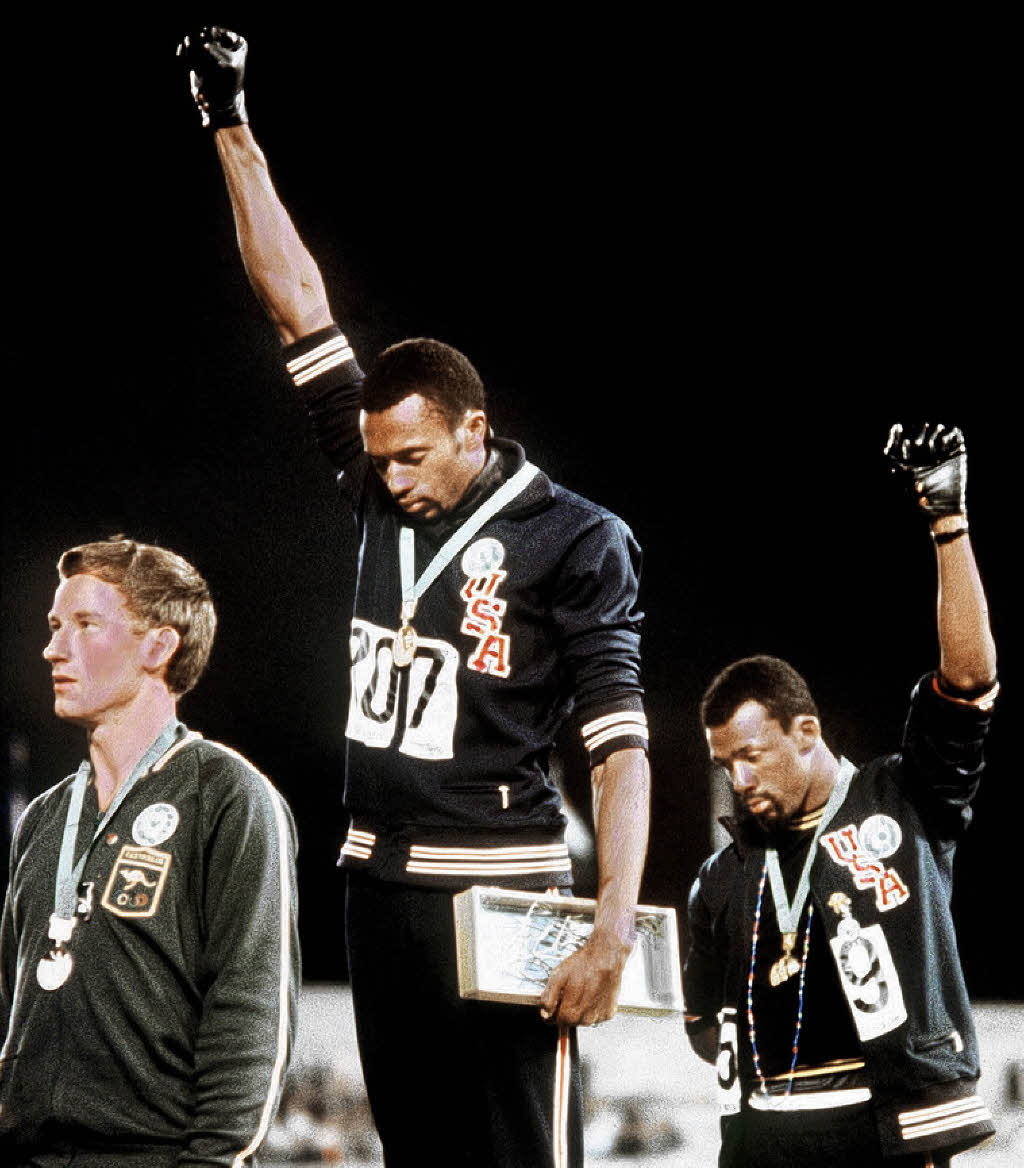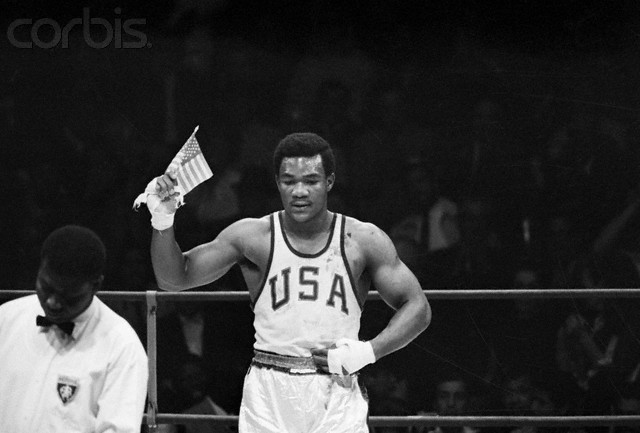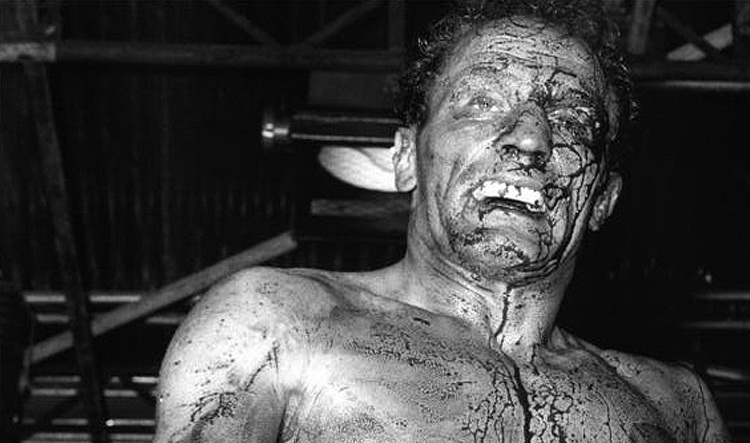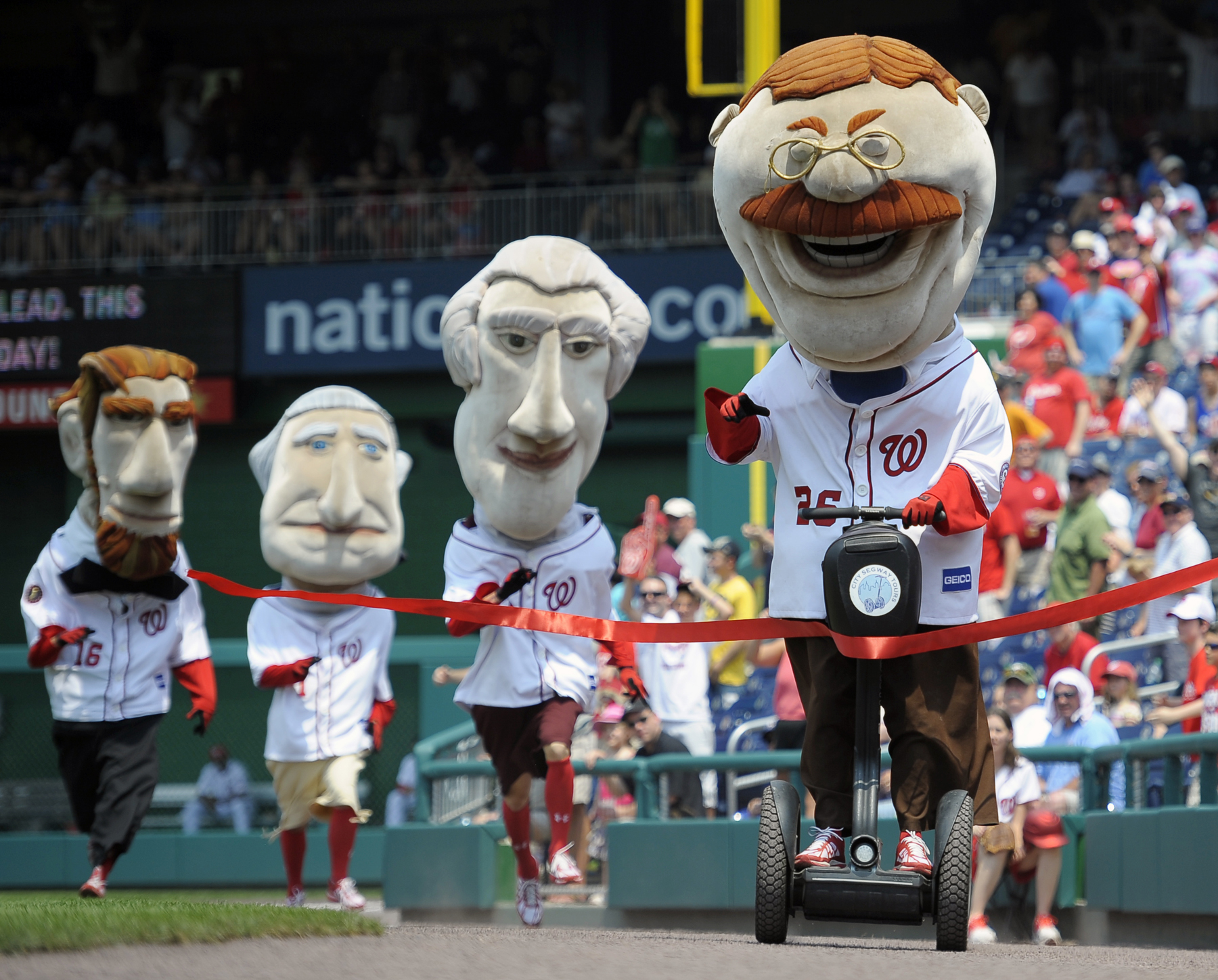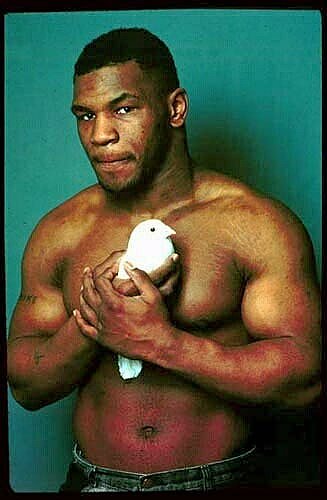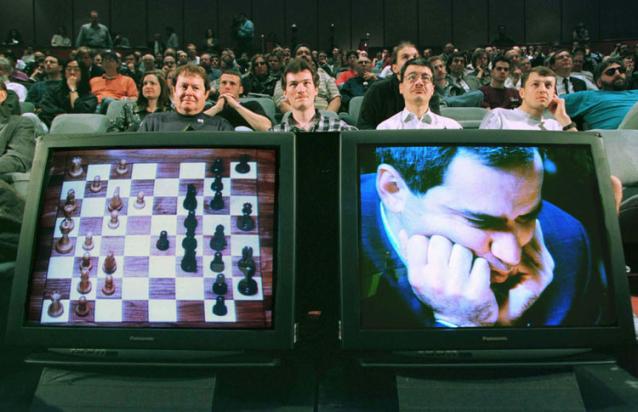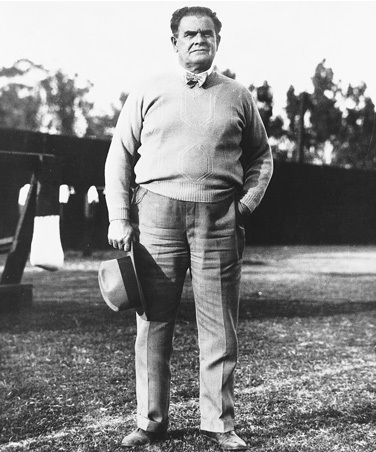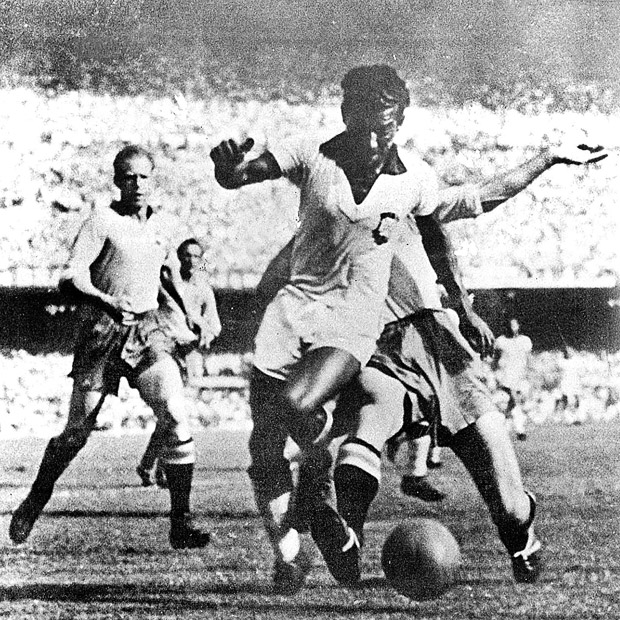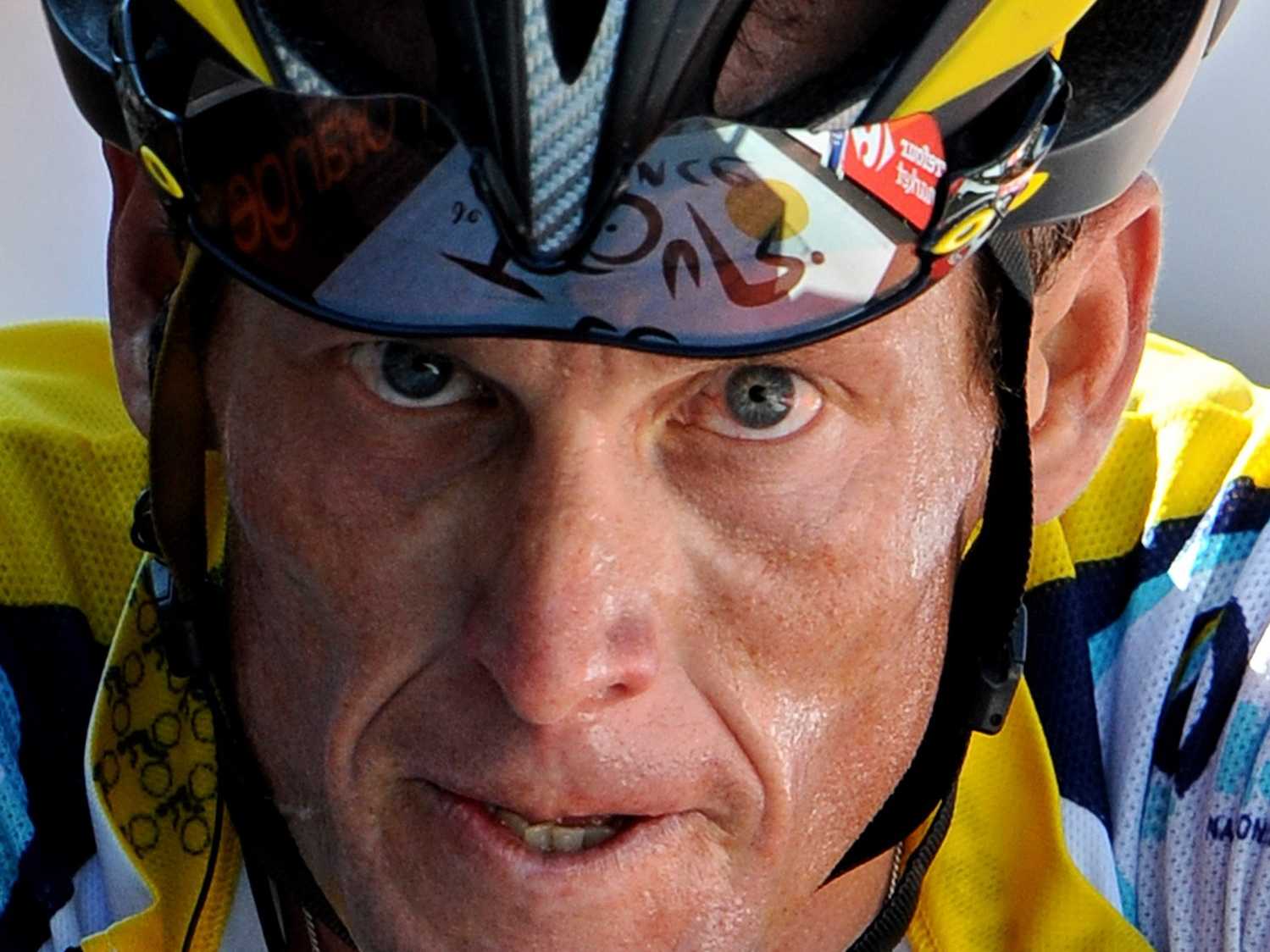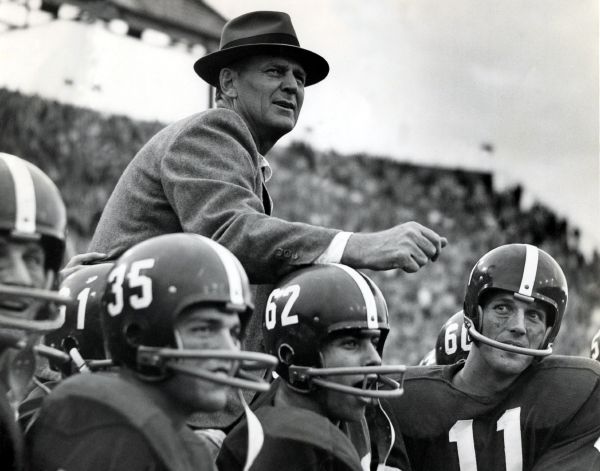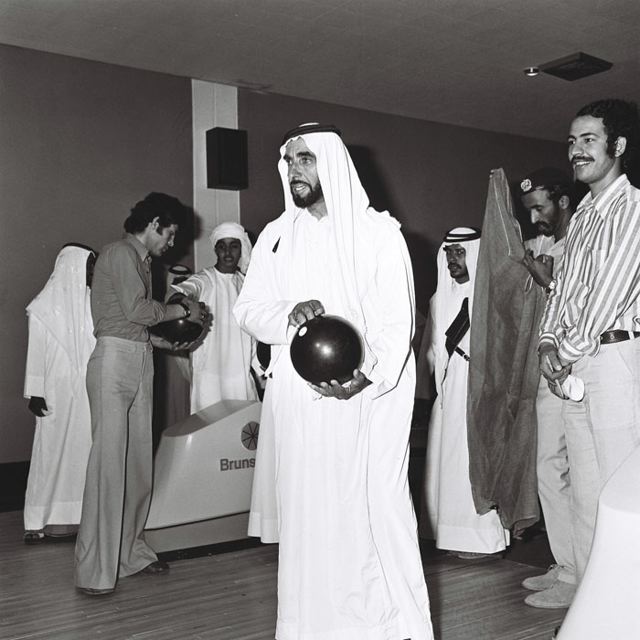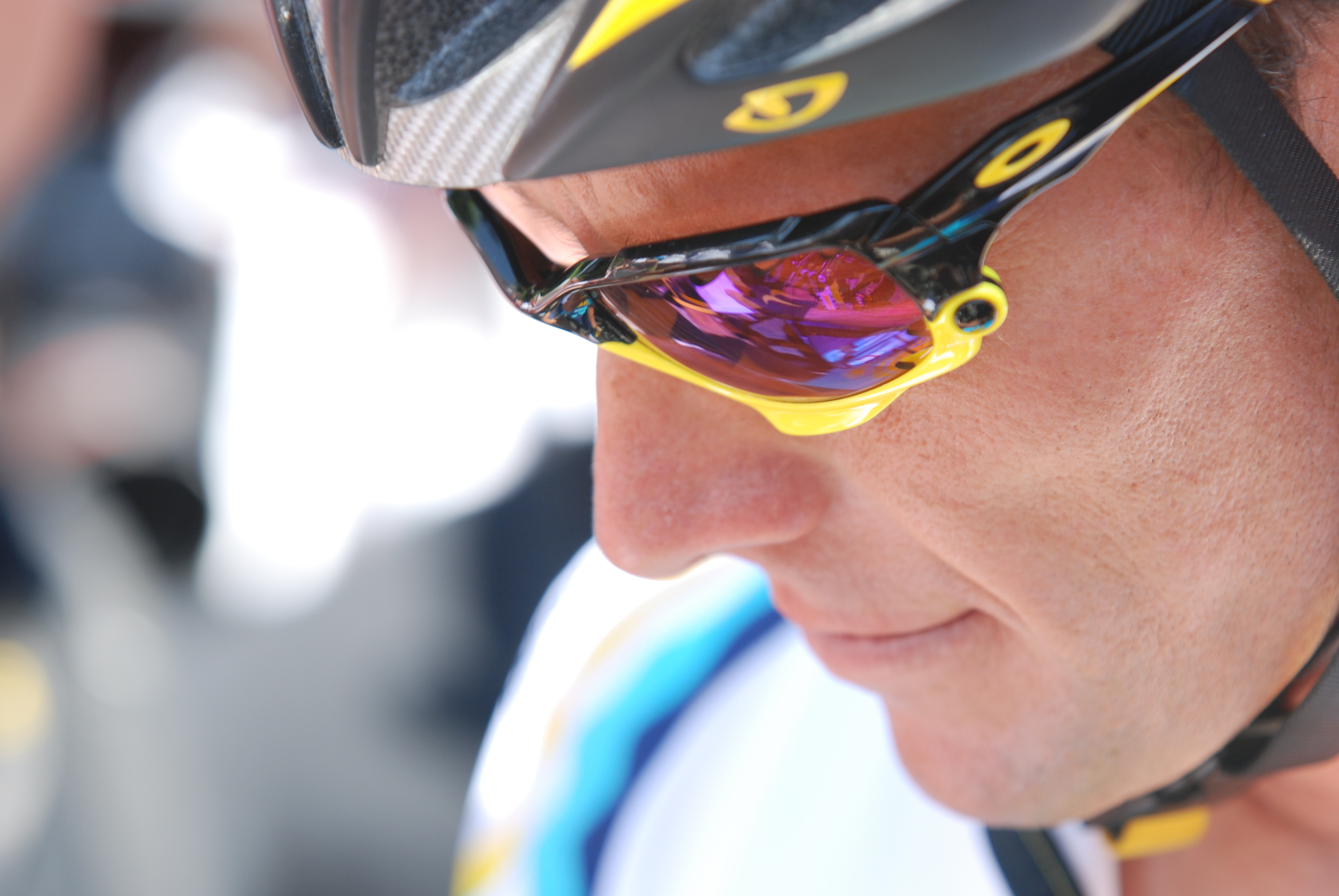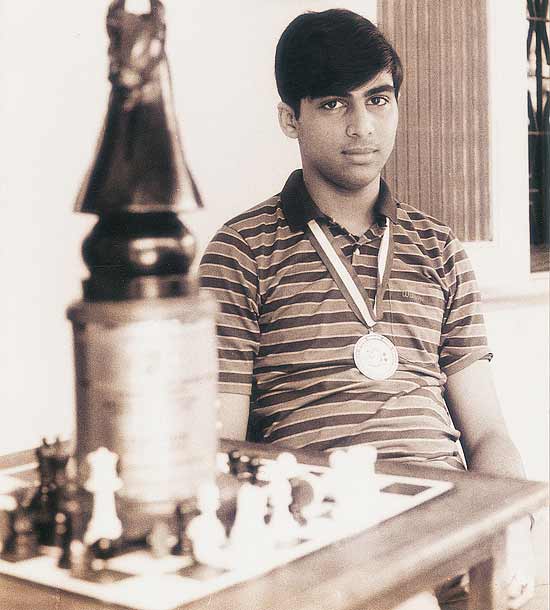You get passion and emotion in a Twitter storm–which can be useful–but not nuance. You would assume based on words raining down from the cloud that there’s a good chance that Essay Anne Vanderbilt, the transgendered subject of Grantland’s controversial article, “Dr. V’s Magical Putter,” took her life because the publication was set to out her sexual reassignment. Bill Simmons, the EIC, says the site was gong to rightfully reveal that the inventor had apparently engaged in fraudulent business practices, but it would have never revealed her sexuality had she not died. He does acknowledge, however, that mistakes were made. From his response to the tumult, a list of areas in which he feels Grantland failed:
“We made one massive mistake. I have thought about it for nearly three solid days, and I’ve run out of ways to kick myself about it. How did it never occur to any of us? How? How could we ALL blow it?
That mistake: Someone familiar with the transgender community should have read Caleb’s final draft. This never occurred to us. Nobody ever brought it up. Had we asked someone, they probably would have told us the following things …
1. You never mentioned that the transgender community has an abnormally high suicide rate. That’s a crucial piece — something that actually could have evolved into the third act and an entirely different ending. But you missed it completely.
2. You need to make it more clear within the piece that Caleb never, at any point, threatened to out her as he was doing his reporting.
3. You need to make it more clear that, before her death, you never internally discussed the possibility of outing her (and we didn’t).
4. You botched your pronoun structure in a couple of spots, which could easily be fixed by using GLAAD’s style guide for handling transgender language.
5. The phrase ‘chill ran down my spine’ reads wrong. Either cut it or make it more clear what Caleb meant.
6. Caleb never should have outed Dr. V to one of her investors; you need to address that mistake either within the piece, as a footnote, or in a separate piece entirely.
(And maybe even … )
7. There’s a chance that Caleb’s reporting, even if it wasn’t threatening or malicious in any way, invariably affected Dr. V in ways that you never anticipated or understood. (Read Christina Kahrl’s thoughtful piece about Dr. V and our errors in judgment for more on that angle.)“


